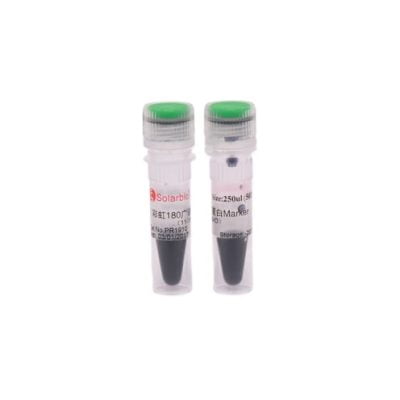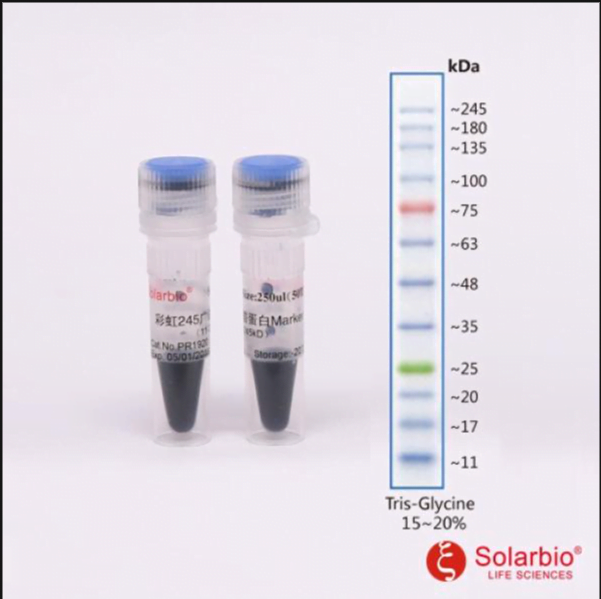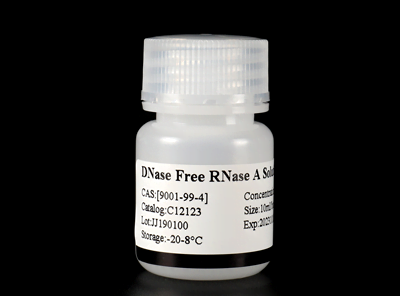RNasin (Ribonuclease Inhibitor) is a proteinaceous inhibitor commonly used in molecular biology and biochemistry laboratories to protect RNA samples from degradation by ribonucleases (RNases). Ribonucleases are enzymes that catalyze the degradation of RNA molecules, and the presence of RNasin helps preserve the integrity of RNA in various experimental applications.
Key Features of RNasin:
- Proteinaceous Inhibition:
- RNasin is a protein-based inhibitor that physically binds to RNases, preventing their enzymatic activity and protecting RNA molecules.
- Broad Specificity:
- RNasin is effective against a wide range of RNases, providing comprehensive protection for RNA samples.
- Thermal Stability:
- RNasin is stable at elevated temperatures, making it suitable for use in various experimental conditions, including those involving enzymatic reactions and PCR.
- Compatibility:
- RNasin is compatible with various RNA-related applications, such as reverse transcription, in vitro transcription, and RNA purification.
How to Use RNasin:
- Preparation of Reaction Mixtures:
- Add RNasin directly to reaction mixtures containing RNA, such as reverse transcription reactions, in vitro transcription reactions, or any other RNA-based assays.
- Optimization of Concentration:
- The optimal concentration of RNasin may vary depending on the specific experimental conditions and the susceptibility of the RNA to degradation. Typically, concentrations between 0.1 to 1 unit/µL are used.
- Incubation:
- Allow the reaction mixture to incubate at the appropriate temperature for the specific enzymatic or experimental reaction. RNasin will inhibit the activity of any RNases present in the reaction.
- Inactivation (if needed):
- If downstream applications require the removal of RNasin, it can be inactivated or removed by methods such as proteinase digestion or extraction.
- Storage:
- RNasin should be stored at -20°C for long-term stability. It is essential to avoid repeated freeze-thaw cycles to maintain its effectiveness.
- Quality Control:
- Verify the quality and activity of the RNasin stock solution before each use, especially if it has been stored for an extended period.
- Compatibility with Enzymes:
- RNasin is compatible with various enzymes commonly used in molecular biology, such as reverse transcriptases and DNA polymerases.







Reviews
There are no reviews yet.